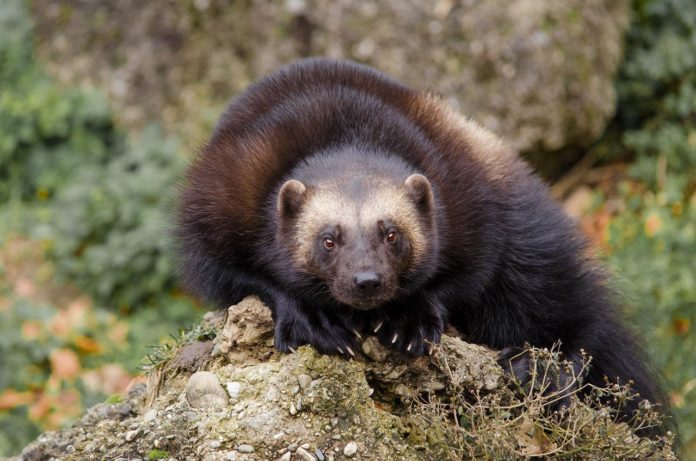According to University of Exeter study, 30 of the 62 mammal species will have their habitat substantially affected by climate change but don’t have the characteristics that could enable them to colonize another environment elsewhere in Europe.
Most current assessments do not take account of climate change and species’ ability to react, and the researchers say this means many species may be at greater risk than their official status shows.
Senior author Dr. Regan Early said, “Some species that will need to move long distances due to climate change are simply not going to be able to. Unfortunately, many of the species most at risk from climate change are also will have the most difficulty in colonizing new areas.”
The analysts examined two arrangements of attributes to perceive how well every species could migrate to the spots where the atmosphere will be reasonable later on.
One essential trademark is whether the creatures are “generalists” that can live in numerous sorts of environments and eat a wide assortment of sustenances.
The other critical trademark was the animal’s reproductive system – species that breed young and have numerous posterity have a superior possibility of setting up themselves in another region.
Nonetheless, the complexities of environmental change imply that a few animal types – even those that could move moderately long separations – will battle to move since conceivable new natural surroundings are only too a long way from current ones.
One illustration is the Western Mediterranean mouse, presently found in places including Spain and Portugal.
Under the anticipated environmental change, it might never again have the capacity to live in its present territories and may be in an ideal situation in eastern Italy.
Dr. Early said, “But it is difficult” to see how the species would make such a move.”
Lead author Lisbeth Morrison said, “If you look at the challenges of shifting ranges, you find that many species are a lot more threatened by climate change than we previously understood.”
“Even under lower estimates of climate change, we found really serious effects for many species.”
The paper is published in the journal Diversity and Distributions.
